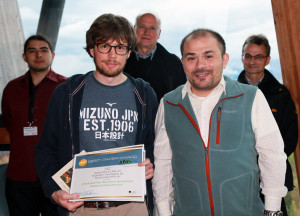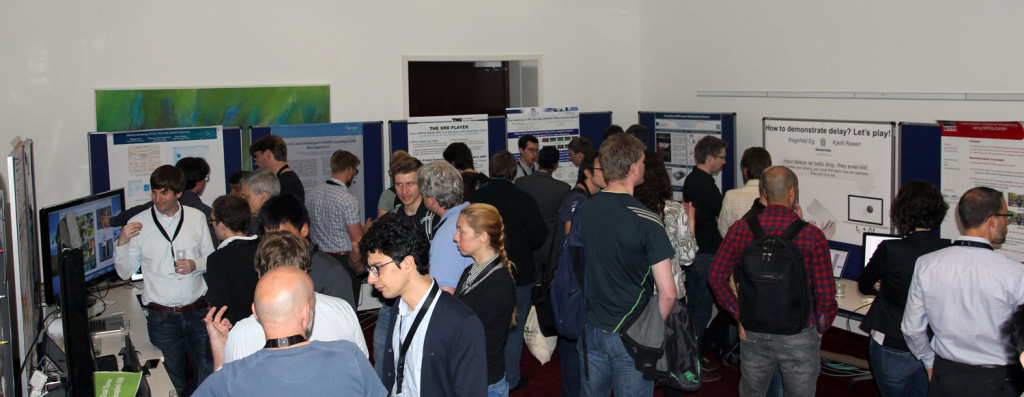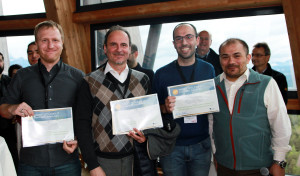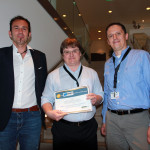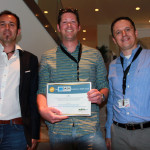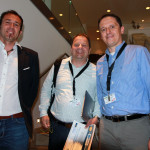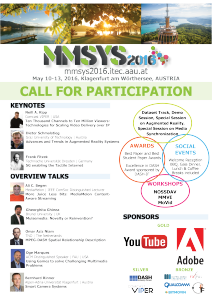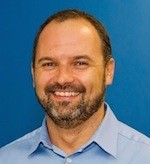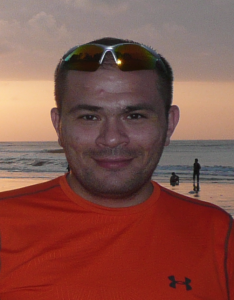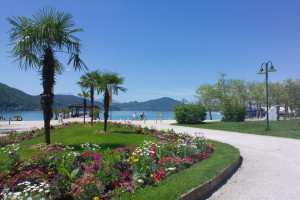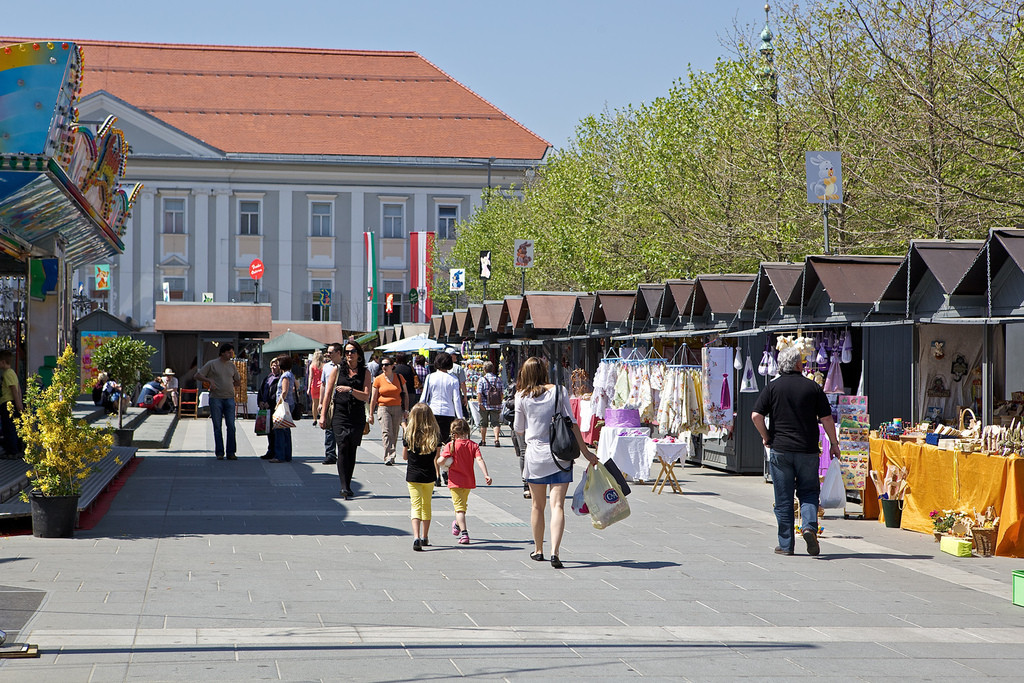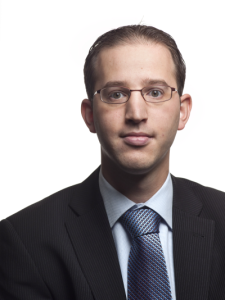The 7th ACM International Conference on Multimedia System (MMSys 2016) was successfully held in Klagenfurt am Wörthersee, Austria from May 10-13, 2016 () with the co-located workshops NOSSDAV, MoVid, and MMVE.
The ACM Multimedia Systems Conference (MMSys) provides a forum for researchers to present and share their latest research findings in multimedia systems. While research about specific aspects of multimedia systems are regularly published in the various proceedings and transactions of the networking, operating system, real-time system, and database communities, MMSys aims to cut across these domains in the context of multimedia data types. This provides a unique opportunity to view the intersections and the inter-play of the various approaches and solutions developed across these domains to deal with multimedia data types.
This year’s MMSys introduced a new format referred to as overview talks which have been held on May 10 starting in the afternoon and concluding in the evening with a get together event at the conference venue. The following overview talks have been given at MMSys: “Using Games to solve Challenging Multimedia Problems” by Oge Marques, ACM Distinguished Speaker, FAU, USA ; “More Juice Less Bits: MediaMelon Content Aware Streaming” by Ali C. Begen, MediaMelon Inc., USA, Ozyegin University, Turkey, IEEE ComSoc Distinguished Lecturer, “MPEG-DASH Spatial Relationship Description” by Omar Aziz Niamut, TNO, The Netherlands, “Mulsemedia: Novelty or Reinvention?” by Gheorghita Ghinea, Brunel University, UK ; and “Smart Camera Systems” by Bernhard Rinner, Alpen-Adria-Universität Klagenfurt, Austria .
ACM MMSys typically comes with keynotes from experts and leaders in industry and academy. The first keynote was about “Ten Thousand Channels to Ten Million Viewers: Technologies for Scaling Video Delivery over IP” by Neill A. Kipp, Comcast VIPER, USA addressing issues with video delivery at scale whereas the second keynote entitled “Advances and Trends in Augmented Reality Systems“ by Dieter Schmalstieg, Graz University of Technology, Austria was related to one of the special session. The third keynote was about “5G enabling the Tactile Internet” by Frank Fitzek, Technische Universität Dresden, Germany providing insights about next generation mobile networks.
In general, ACM MMSys 2016 attracted 71 full paper submissions from which 20 got finally accepted in the program which has been carefully selected from our experienced members of the technical program committee. In addition to the full paper submissions, MMSys 2016 hosted two special sessions, one on augmented reality and another on media synchronization. A demo session provided researchers, engineers, and scientist to present the opportunity to showcase their research prototypes, systems, and applications to MMSys attendees. An important aspect of MMSys is the dataset track which enables reproducible research thanks to the availability of common datasets across different application areas. In particular, the dataset track is an opportunity for researchers and practitioners to make their work available and citable.
ACM MMSys hosts three workshops: the 26th ACM Workshop on Network and Operating Systems Support for Digital Audio and Video (NOSSDAV), the 8th ACM Workshop on Mobile Video (MoVid), and the 8th ACM Workshop on Massively Multiuser Virtual Environments (MMVE). The operate with their own committees and review process but benefit from a single registration fee for all events co-located with MMSys.
The 7th ACM MMSys issued the following awards:
- a best paper award,
- a best student paper award, and
- for the first time the excellence in DASH award sponsored by the DASH-IF.
The best paper award goes to “Distributed Rate Allocation in Switch-Based Multiparty Videoconference” by Stefano D’bronco (EPFL), Sergio Mena (Cisco Systems), Pascal Frossard (EPFL) and the best student paper award goes to “Network-assisted Control for HTTP Adaptive Video Streaming” by Giuseppe Cofano (Politecnico di Bari, Italy), Luca De Cicco (Telecom SudParis, France), Thomas Zinner (University of Würzburg, Germany), Anh Nguyen-Ngoc (University of Würzburg, Germany), Phuoc Tran-Gia (University of Würzburg, Germany), Saverio Mascolo (Politecnico di Bari, Italy).
The excellence in DASH award was selected by members of the DASH-IF and instead of a first, second, and third place the DASH-IF concluded to give the first price to all three papers which are as follows: “ABMA+: lightweight and efficient algorithm for HTTP adaptive streaming” by Andrzej Beben, Piotr Wiśniewski, Jordi Mongay Batalla, Piotr Krawiec (Warsaw University of Technology, Poland ); “Delivering Stable High-Quality Video: An SDN Architecture with DASH Assisting Network Elements” by Jan Willem Martin Kleinrouweler, Sergio Cabrero, Pablo Cesar (Centrum Wiskunde & Informatica, Netherlands); and “SQUAD: A Spectrum-based Quality Adaptation for Dynamic Adaptive Streaming over HTTP” by Cong Wang, Amr Rizk, Michael Zink (University of Massachusetts Amherst, USA).
We would like to congratulate all award winners of ACM MMSys 2016.
Finally, we would like to thank our gold sponsors Adobe and YouTube for their excellent support. In this context, it is worth mentioning the social events including coffee breaks, lunches, get together on the first evening, welcome BBQ on the second evening, and gala dinner on the third evening. These side events are as much as important as the technical papers, demos, and datasets and allow for networking, discussions, and possible future collaborations of conference attendees.
Finally, we’re happy to announce next year’s ACM MMSys (and NOSSDAV, MoVid, and MMVE) in Taiwan with Sheng-Wei (Kuan-Ta) Chen from Academia Sinica.
Fotos (c) Martina Steinbacher



